solar panels
The number of people without access to electricity is 860 million. 595 million are concentrated in Africa. Ghana, despite being one of the sub-Saharan countries with the best numbers, still had 4.6 million people without access to electricity. 76% is the rural population.
NASCO 100% sustainable
Solar energy to power the project
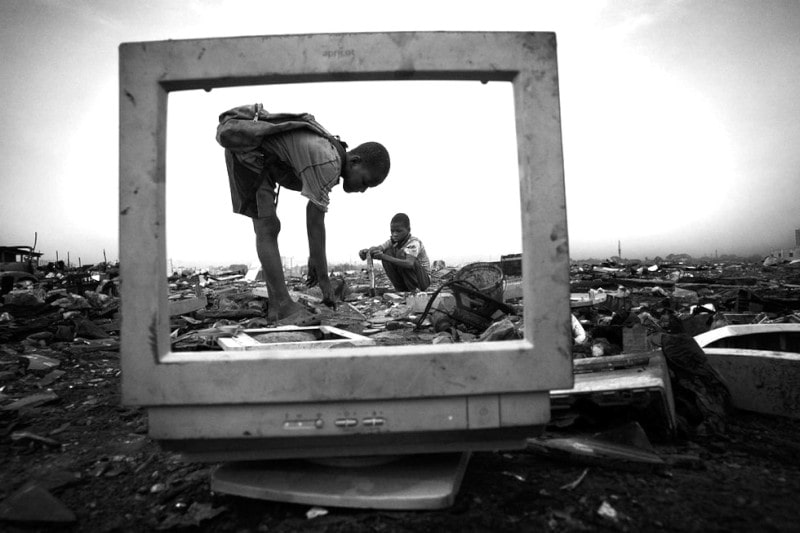 ‘Vertedero de basura 2.0’, de Andrew McConnell.
‘Vertedero de basura 2.0’, de Andrew McConnell.
CONTAMINATION
We turn a problem generated in developed countries…
NASCO
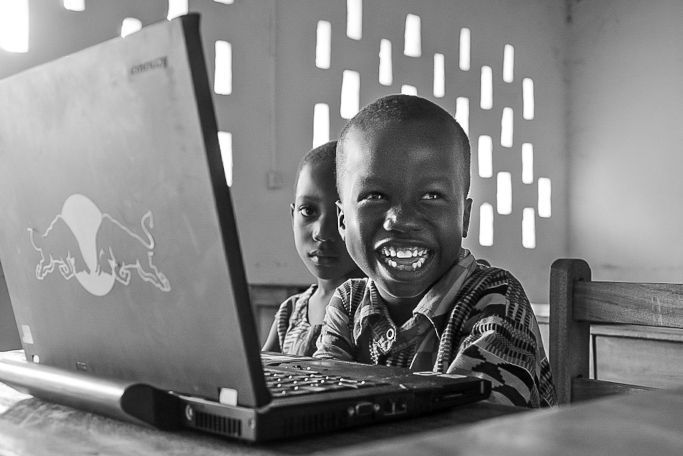 Aula informática de Nasco en Sawla.
Aula informática de Nasco en Sawla.
Education
… into a solution for underdeveloped countries
The degree of development of a country (HDI) is closely related to access to electricity
Objectives
Empty
AWARENESS
Promote and popularize off-grid systems as a path towards universal electrification.
SUSTAINABILITY
Undertake a new lifestyle towards renewable energies that helps us reduce our impact on the planet.
EMPLOYMENT AND TRAINING
Promote employment in the renewable sector and train new technicians in installation and maintenance.
action Plan
Planning
- Study of electricity consumption
- Assessment of different systems
- Dimensionalization and prices
Materials
- Vendor involvement
- Professional project consulting
- Transportation to Sawla of materials
Installation
- Technician hiring+assistants
- Installation of plates and maintenance plan
Training
- Selection of scholarship recipients
- Development of 3 month training program in renewables
DEVELOPMENT PHASES
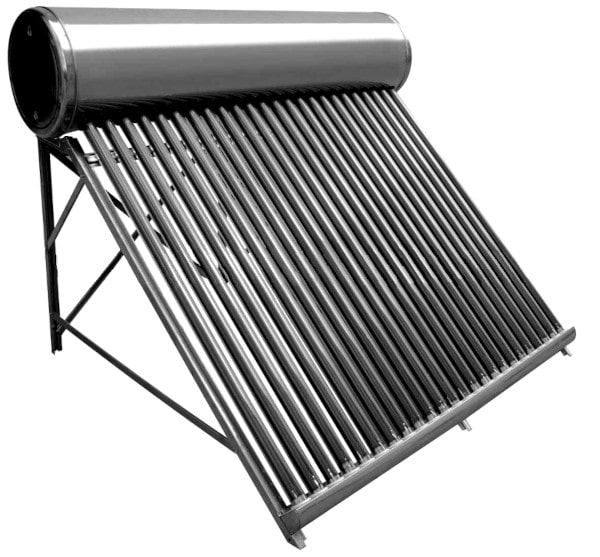
1. Planning
The previous study indicates that the dimensions of the system will be considerable:
- 90 plates.
- 150 m2 of area.
- Pending: determine number of batteries.
- 1 solar water heater of 300L.
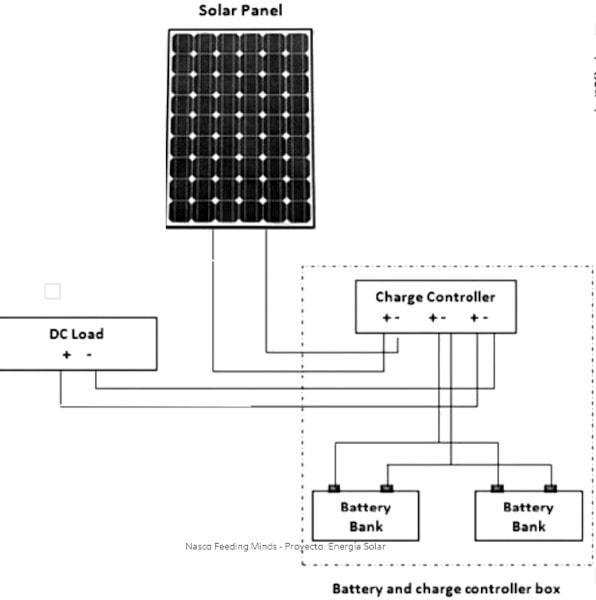
2. Obtaining materials
- Verify viability with expert companies in the installation of solar systems.
- Find companies or individuals who want to participate in the project either by donating material or capital.
- Identify and involve companies that provide solar systems in Ghana to facilitate transportation.
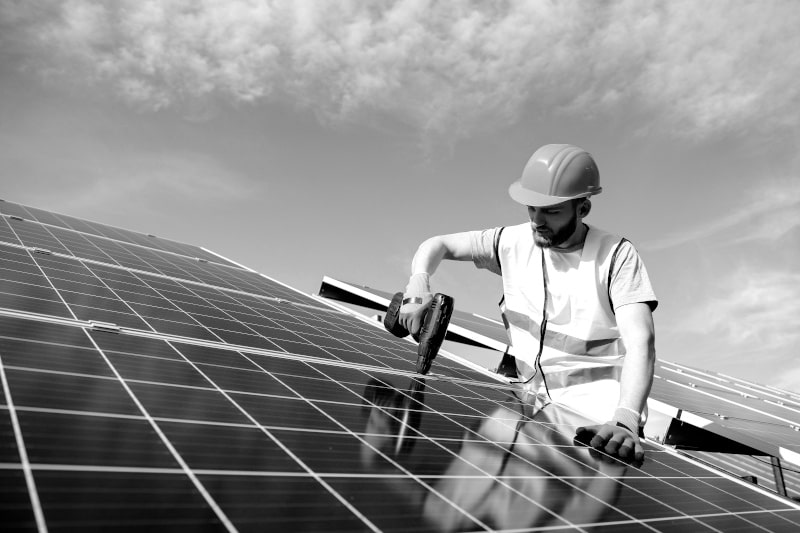
3. Installation and maintenance
-
Hire 1 technician +4 local assistants for the process.
- Aagree on a maintenance plan.
-
Install the system at Base Camp.
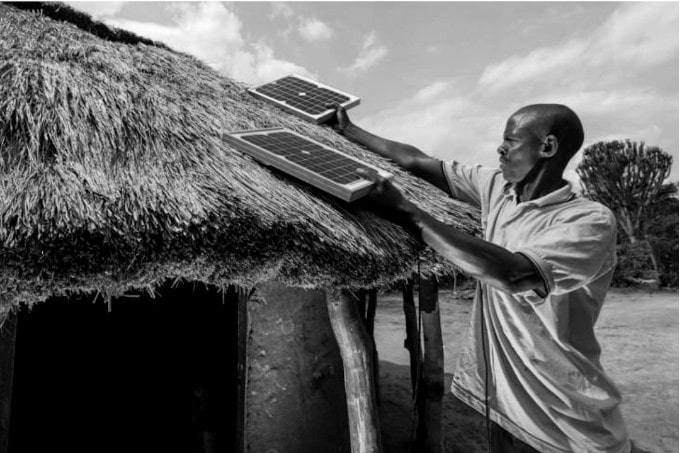
4. Training
-
Grant two of the local assistants based on their technical work during installation and maintenance.
- The chosen students will receive a three-month training in renewable energy in Tenerife.
budget
Obtaining materials
- Solares Panels: to be determined.
- Baterries: to be determined.
- Solar Heater: to be determined.
Installation / Maintenance
- Installation: to be determined.
- Maintenance: to be determined.
- Compensation for 1 assistant: 50€/month.
Training
- Scholarships – Tenerife: 2.000€
- Renewable energies course 3 months: 0€
- Stay in Tenerife 3 months for 2 scholarship holders: 0€
EXPECTED RESULTS
Empty
eNVIRONMENTAL
- Sustainability.
- Awareness.
- Resilience.
Social
- Education.
- Generation of jobs and sustainable economic fabric.
- Example towards universal electrification.
Economic
Independence from the high costs of the electrical network.
FEEDING MINDS WITH SOLAR ENERGY ENERGEEK MINDS
By installing a 100% solar system at Base Camp, we are taking the first step towards a fully sustainable NASCO. Once this pilot development is a reality, we will extend the solar energy to all classrooms in order to continue generating a social and economic impact, powered by green energy.
